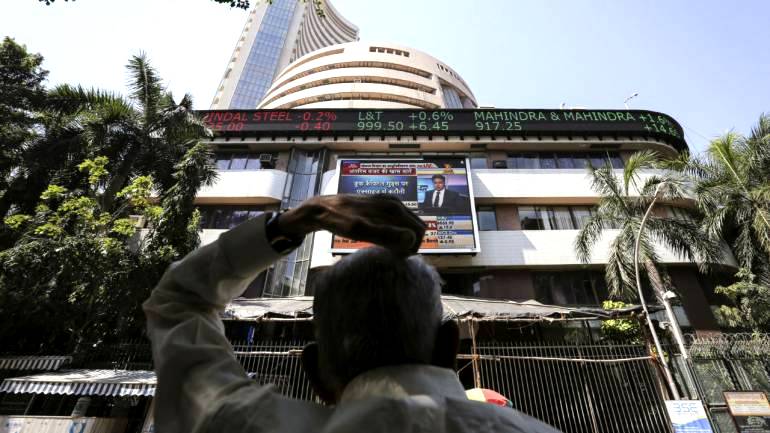Mumbai: The Indian equity market is expected to be influenced by global cues such as the US government shutdown, the rupee’s volatility and derivatives expiry during the upcoming week.
Additionally, investor sentiments will be swayed by developments in the ongoing winter session of Parliament and global crude oil price movement.
“Going forward, developments in the winter session of parliament, domestic and global macroeconomic data, trends in global markets, the movement of rupee against the US dollar and crude oil price movement will dictate trend of the market,” said SMC Investments and Advisors’ Chairman and Managing Director D.K. Aggarwal.
Globally, concerns over a slowdown in international growth and the ongoing partial US government shutdown are expected to be major themes during the truncated weekly trade.
According to Sahil Kapoor, Chief Market Strategist, Edelweiss Investment Research, said: “Since we are entering an expiry week, the momentum will decide how far this downward movement goes.”
“In case Nifty breaks 10,650 points (level) on Monday and closes lower, then the index can slide towards 10,500 over the week.
“Indian equity’s out-performance over global peers may roll over quickly. With no more events coming up this week, the index may trade on expiry cues.”
The November series F&O expiry will take place on December 27.
However, factors such as lower crude oil prices will provide a support to the Indian rupee and the key indices.
“Domestic macro outlook has turned positive in recent times with the fall in oil prices from a peak of $86 per barrel to $53 per barrel and a pick-up in industrial production,” said Vinod Nair, Head of Research at Geojit Financial Services.
“Additionally, softening of CPI inflation has opened up scope for the Reserve Bank of India (RBI) to change its stance from ‘calibrated tightening’ to ‘neutral’ will maintain optimism in the market.”
On the flip side, extreme volatility in the rupee’s strength against the US dollar will erode investors’ risk-taking appetite.
“The rupee is witnessing extreme volatility these days, which is detrimental to local businesses,” said Edelweiss Securities’ Head of Forex and Rates Sajal Gupta.
“Expect the rupee to be under pressure this week and move towards 71 or 72 on the back of extreme weakness seen in the US and global equity markets.”
On a weekly basis, the Indian rupee strengthened by 1.75 to 70.15 against the US dollar from its previous week’s close of 71.90.
On technical charts, the short term trend of the National Stock Exchange’s (NSE) Nifty50 has turned negative after the sharp correction that was witnessed last Friday.
“Further downsides are likely once the immediate support of 10,739 points is broken; in which case the next support could come in at 10,590 points,” HDFC Securities’ Retail Research Head Deepak Jasani told IANS.
“Any pullback rallies could find resistance at 10,850-10,895 points band.”
Last week, global cues such as the US interest rate hike, along with concerns over a slowdown in global growth and threat of a partial US government shutdown, dragged the key domestic equity indices lower.
However, the equity market had begun the last week on a positive note led by a strong rupee backed by narrowing trade deficit and inflow of foreign funds.
Consequently, the S&P Bombay Stock Exchange’s (BSE) Sensex lost 220.86 points, or 0.61 per cent, to close at 35,742.07 points, whereas the 50-share Nifty of the NSE declined 51.45 points, or 0.47 per cent, to settle at 10,754 points.
IANS
